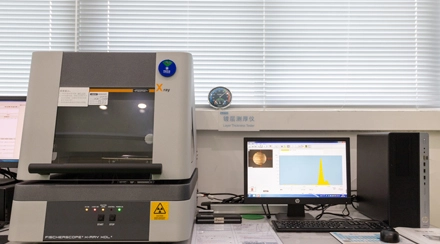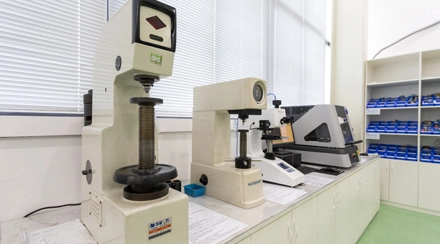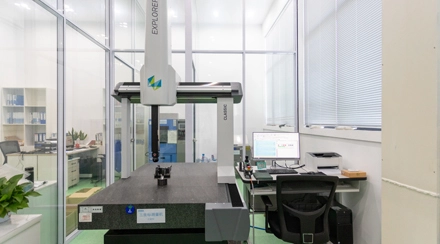High-precision casting is a high-precision processing technology that uses casting methods to produce high-quality parts. With the continuous development of industrial technology, it has gradually received extensive attention as a material that is light, high-strength, and corrosion-resistant. During the processing of products, traditional processing methods have some issues such as high difficulty and high cost. Therefore, high-precision casting technology, as an efficient and accurate processing method, has attracted increasing attention.
Precision casting machining technology is a processing method that uses molds to inject molten metal into the mold cavity and then forms by cooling and solidifying. The principle of precision casting machining lies in melting the metal into a liquid state under high temperature and high pressure conditions, then injecting it into the mold cavity through the shape and structure of the mold, and finally obtaining the required parts by cooling and solidifying. This method can produce parts with complex shapes and can also avoid defects and deformations that may occur in other processing methods.
Precision casting machining technology is widely used and can be applied in aerospace, automotive, medical devices, electronic products, and other fields. For example, precision casting technology can be used to produce high precision parts such as aerospace engine impellers, automotive engine parts, and medical devices, with a large market prospect.
Precision casting machining offers special design flexibility, allowing complex and precise components to be cast into near-finished shapes. It provides almost unlimited freedom in investment casting materials. It has wide adaptability and is not limited by the size, thickness, and complexity of the shape of the casting. It can also directly cast symbolic features such as trademarks, names, or numbers onto the product.
Various materials can be used for precision casting machining. These materials include stainless steel, carbon steel, low carbon alloy steel, copper, aluminum, iron, cobalt, and others. Therefore, castings produced by precision casting processes can be used in various industries.
Precision casting machining can be applied to various industries. It is mainly used in aerospace, power generation, firearms, automotive, military, commercial, food service, natural gas and oil, and energy industries. For example, the firearms industry turns to cast parts for gun receivers, triggers, hammers, and other precision parts. Therefore, it can be said that no matter which industry you are in, if your business can benefit from the advantages of precision cast parts and components, they may be the perfect metal choice for all your projects.
High precision casting has stricter tolerances, allowing for strict dimensional tolerances as low as ±0.2 mm to obtain high-precision castings.
The precision casting machining process provides superior surface treatment. The amount of secondary processing required and the associated time and cost are reduced. This is sometimes important for avoiding machining or other finishing operations. Moreover, it can also cast complex text or trademarks on the exterior of the product, reducing subsequent laser marking and engraving.
Precision casting can reduce labor time and delivery time because it greatly reduces post-casting processing. Meanwhile, precision casting machining can deliver a large number of products within a delivery cycle, an advantage that helps customers compete in the market.
The precision casting machining process can be used to produce both small and large batches of components. It offers highly reliable technology and low-cost repeatability.
Compared with other processes, the setup cost for precision casting machining molds is much lower, keeping the cost low. Moreover, the near-net shape of precision casting requires very little machining, which minimizes material waste, reduces energy consumption, material consumption, and mold cost. The initial investment for product development is minimal.


